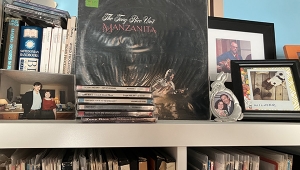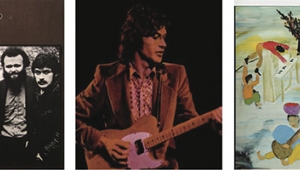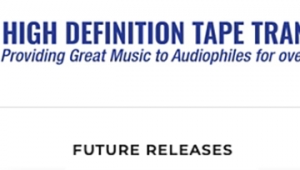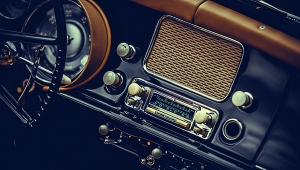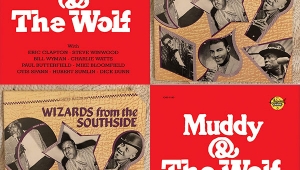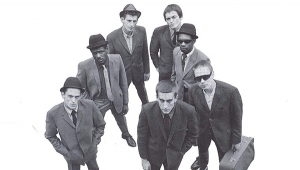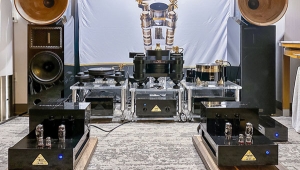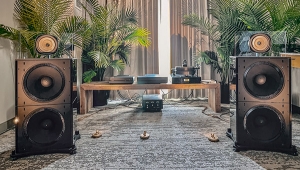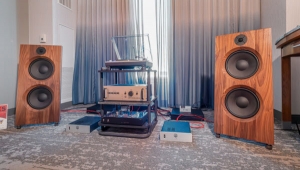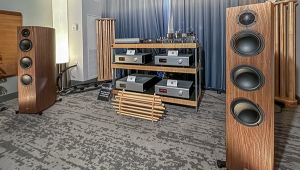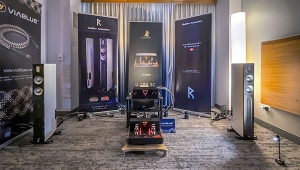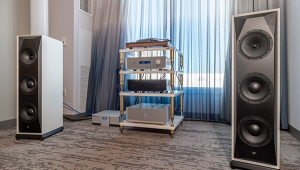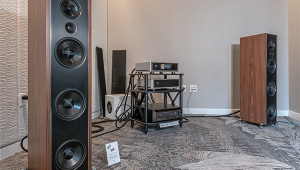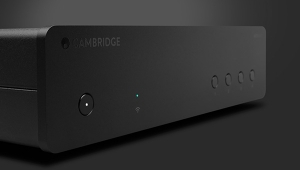| Columns Retired Columns & Blogs |
your piece was a "joy" to read.
(hope you're workin' on the next one)
"...using poetic analogies to describe them because that is how our brains work." Is an interesting line.
I've had no direct experience of this right-brain/left-brain phenomena but I do know as an artist
if I want to make art that's both strong (visually) and deep (symbolically and emotionally); art capable of
being understood in any culture, I have to somehow be connected to something that feels universal,
pre-conscious, and pre-historic. Like listening to music.
Now please tell us about those summer storms in Lincoln, Illinois. (I grew up in Illinois)
Thanks for the nice read
hr













